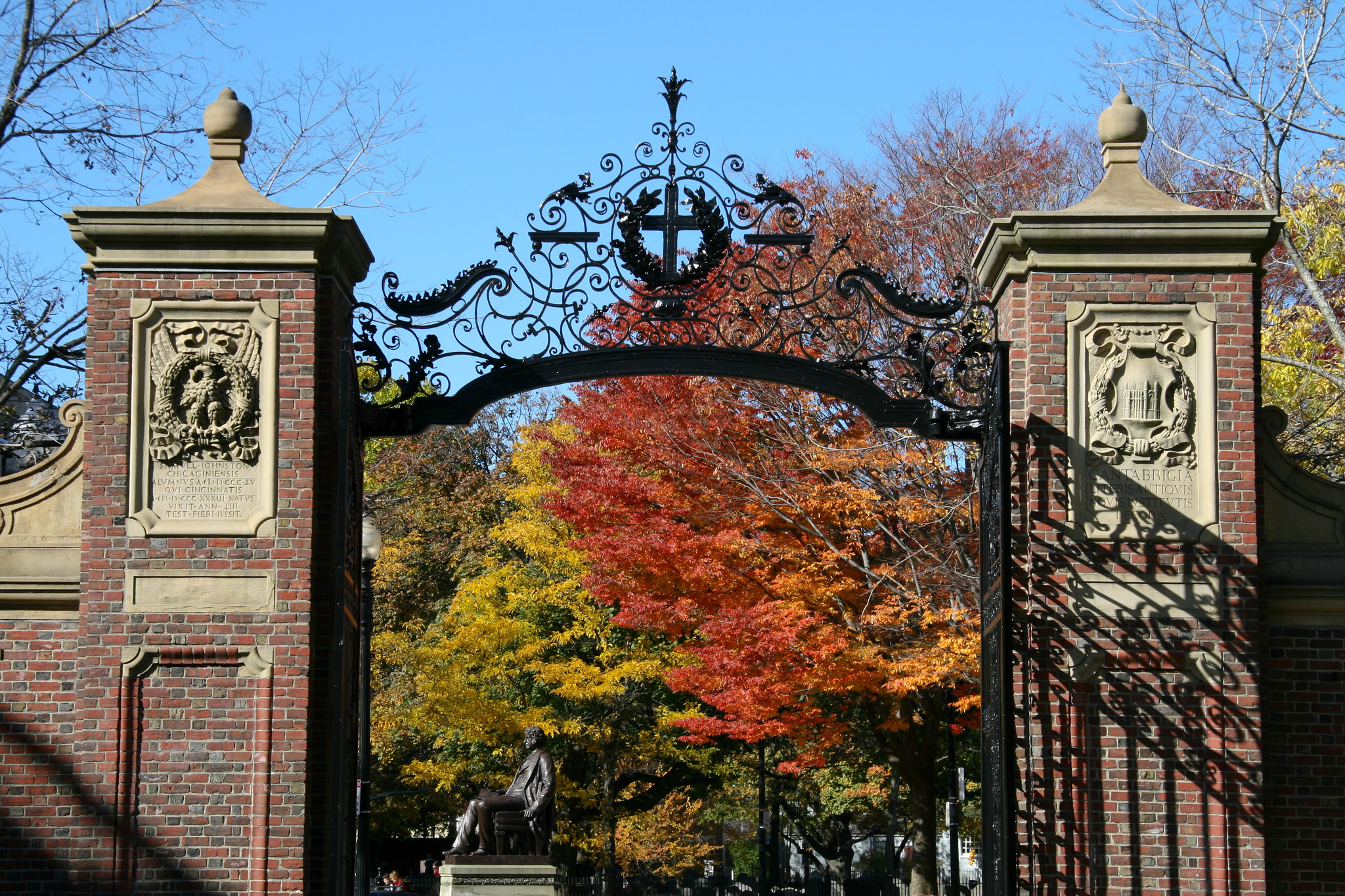
American Oversight Applauds Court Ruling Blocking Trump Administration’s Unlawful Attack on Harvard Funding
Our litigation against the IRS seeking records about the administration’s attacks on Harvard University continues.

On Wednesday, Judge Allison Burroughs ruled in Harvard v. HHS, finding that the Trump administration unlawfully froze Harvard University’s federal research funding.
“We applaud Judge Burroughs’ ruling, which delivers a powerful rebuke of the Trump administration’s unlawful efforts to weaponize the federal government against institutions it perceives as ideological adversaries,” said Chioma Chukwu, Executive Director of American Oversight. “By finding that the administration broke the law in seeking to punish Harvard, the court reaffirmed that no president can arbitrarily strip away funding or trample constitutional protections to advance a partisan agenda. This ruling sends a clear message that academic institutions and other targets of this administration’s political retaliation are not powerless — they can, and must, stand up and fight back.”
In a sweeping opinion, Judge Burroughs called the Trump administration’s unlawful freezing of Harvard’s federal research funding a “targeted, ideologically-motivated assault on this country’s premier universities.” She emphasized that while combating antisemitism — which the Trump administration has cited as a basis for its actions against Harvard and other universities — is a legitimate goal, it cannot be “used as a smokescreen” for stripping constitutional protections.
The ruling comes as American Oversight continues to challenge the administration’s attacks on Harvard through ongoing litigation. In May, the nonpartisan watchdog sued the Internal Revenue Service over the agency’s refusal to turn over records pursuant to the Freedom of Information Act pertaining to the Trump administration’s escalating political attacks on Harvard, including efforts to revoke the school’s nonprofit status. Last month, the administration attempted to dismiss the litigation, erroneously arguing that all the records sought by American Oversight — including phone logs, calendar invites, etc. — would reveal confidential tax return information and were therefore protected from disclosure.